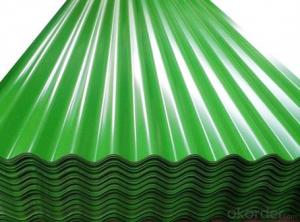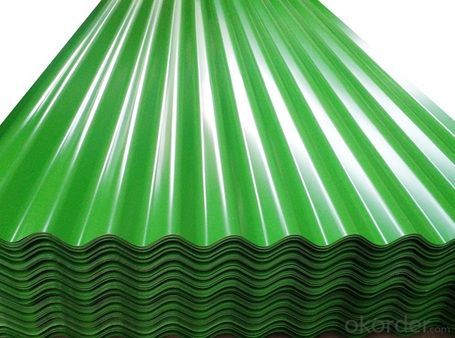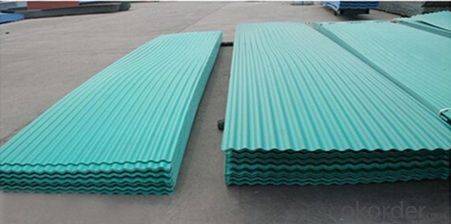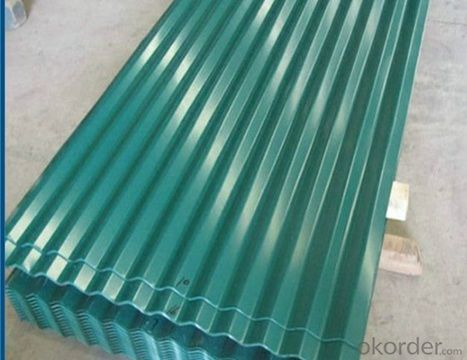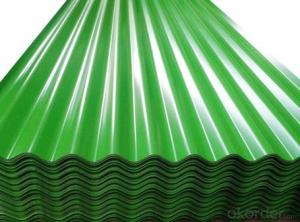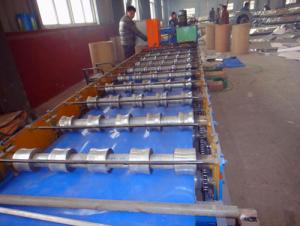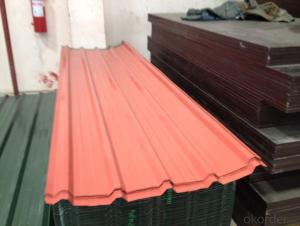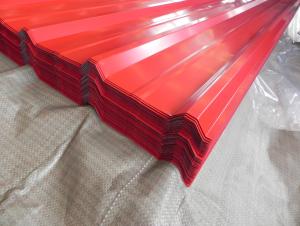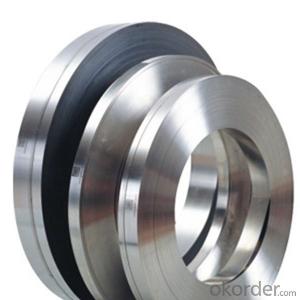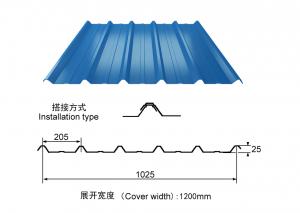Premium Colored Corrugated Roofing Steel Sheet
- Loading Port:
- Shanghai
- Payment Terms:
- TT OR LC
- Min Order Qty:
- 25 m.t.
- Supply Capability:
- 20000 m.t./month
OKorder Service Pledge
OKorder Financial Service
You Might Also Like
Specification
Product Brief Introduction
Premium Colored Corrugated Roofing Steel Sheet
--- Corrosion resistance: Pre-coated steel offers excellent corrosion resistance achived through continuous hot DIP galvanization and corrosion resistant primer/polyester coating. Protection is achieved when zinc and steel are together in the presence of moisture; The zinc protects the steel by galvanic action
Product Features
. Traditional aesthetics outlook
. Suitable for new house or renovation.
. Less joints, watertight
. Long life service
. Tedun also provide relative ridge cap, fasteners and other accessories
Product Specification
Standard:ASTM, GB,JIS,JIS G3302 ASTM 755 EN10169
Grade: DX51D CGCC CS
Thickness: 0.13mm~3.0mm,
Width: 1250,600-1250mm
Coil weight:3-12 MT
Coil ID:508/610mm
Chemical composition:
C | Si | Mn | Cr | Ni | P | S |
0.150 | 0.476 | 11.231 | 12.50 | 0.900 | 0.039 | 0.010
|
FAQ
How long will we receive the goods ?
45days after receiving workable L/C
2. how do you control the quality ?
we have our own quality control department ,we will arrange QC person to see the production line ,when goods finish ,before shipment ,our QC person will check the quality as per our test report request ,if the goods is ok ,then we issue the test report ,and we allow the goods shipping ,otherwise will not allow ship the goods.
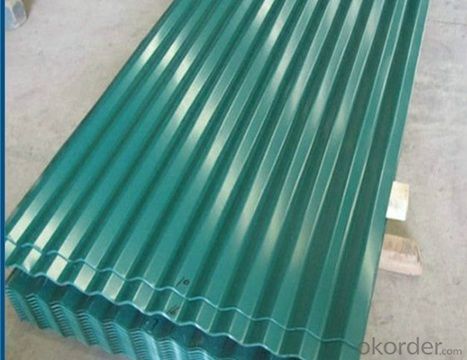
- Q: How much is the rent for a day of Larson steel sheet pile
- 400mm broad Larsen steel sheet pile rental price:9m, 12m:0.60 yuan, /m/ days15m: 0.70 yuan /m/ days18m: 0.80 yuan /m/ days
- Q: Can steel sheets be used for insulation cladding?
- No, steel sheets are not typically used for insulation cladding. Insulation cladding is usually made of materials with thermal insulation properties such as foam boards, mineral wool, or fiberglass. These materials are chosen for their ability to reduce heat transfer and improve energy efficiency. Steel sheets, on the other hand, are commonly used for structural purposes or as a protective layer due to their strength and durability. While steel sheets can provide some level of protection, they do not possess the necessary insulation properties to effectively prevent heat or cold transfer. Therefore, it is recommended to use appropriate insulation materials specifically designed for cladding purposes.
- Q: Can steel sheets be used for HVAC ductwork?
- Yes, steel sheets can be used for HVAC ductwork. Steel is a common material used in HVAC ductwork due to its durability, strength, and fire resistance properties. Steel sheets can be fabricated and shaped into ducts, providing a reliable and long-lasting solution for HVAC systems.
- Q: How do steel sheets perform in terms of vibration damping?
- Steel sheets perform fairly well in terms of vibration damping. Due to their high density and stiffness, they have the ability to absorb and dissipate vibrations effectively, reducing noise and vibration levels. However, compared to other materials like rubber or polymers specifically designed for vibration damping, steel sheets may not provide the same level of damping efficiency.
- Q: Can steel sheets be used in high-temperature environments?
- Yes, steel sheets can be used in high-temperature environments. Steel has a high melting point and excellent heat resistance, making it suitable for various applications where extreme temperatures are involved, such as in industrial furnaces or automotive exhaust systems.
- Q: Can steel sheets be used in renewable energy applications?
- Yes, steel sheets can be used in renewable energy applications. Steel is a versatile and durable material that can be used in various components of renewable energy systems such as solar panels, wind turbines, and hydropower facilities. It is commonly used in the construction of support structures, frames, and enclosures due to its strength, corrosion resistance, and cost-effectiveness.
- Q: What are the cost considerations for steel sheets?
- The cost considerations for steel sheets include factors such as the grade and quality of steel, the thickness and size of the sheets, market demand and supply, transportation costs, and any additional processing or customization required. Other factors that can influence the cost include fluctuations in raw material prices, tariffs, and the overall economic conditions.
- Q: What is the difference between galvanized and non-galvanized steel sheets?
- The main difference between galvanized and non-galvanized steel sheets is the presence of a protective zinc coating on the galvanized sheets. This coating helps to prevent corrosion and rusting, making galvanized steel sheets more durable and long-lasting compared to non-galvanized ones.
- Q: Are steel sheets available in different patterns or textures?
- Yes, steel sheets are available in different patterns or textures. While traditional steel sheets are smooth and plain, there are also options available with various patterns and textures. These patterns can be embossed, etched, or brushed onto the steel surface, adding a decorative element to the material. Some common patterns include diamond, checker, or grid patterns, while textures can range from a matte or brushed finish to a more glossy or reflective surface. These different patterns and textures allow for more versatility in design and can be used in various applications, such as architectural projects, interior design, or decorative elements in furniture and fixtures.
- Q: Are the steel sheets coated with any protective material?
- Yes, the steel sheets are coated with a protective material to prevent corrosion and increase durability.
Send your message to us
Premium Colored Corrugated Roofing Steel Sheet
- Loading Port:
- Shanghai
- Payment Terms:
- TT OR LC
- Min Order Qty:
- 25 m.t.
- Supply Capability:
- 20000 m.t./month
OKorder Service Pledge
OKorder Financial Service
Similar products
Hot products
Hot Searches
Related keywords
